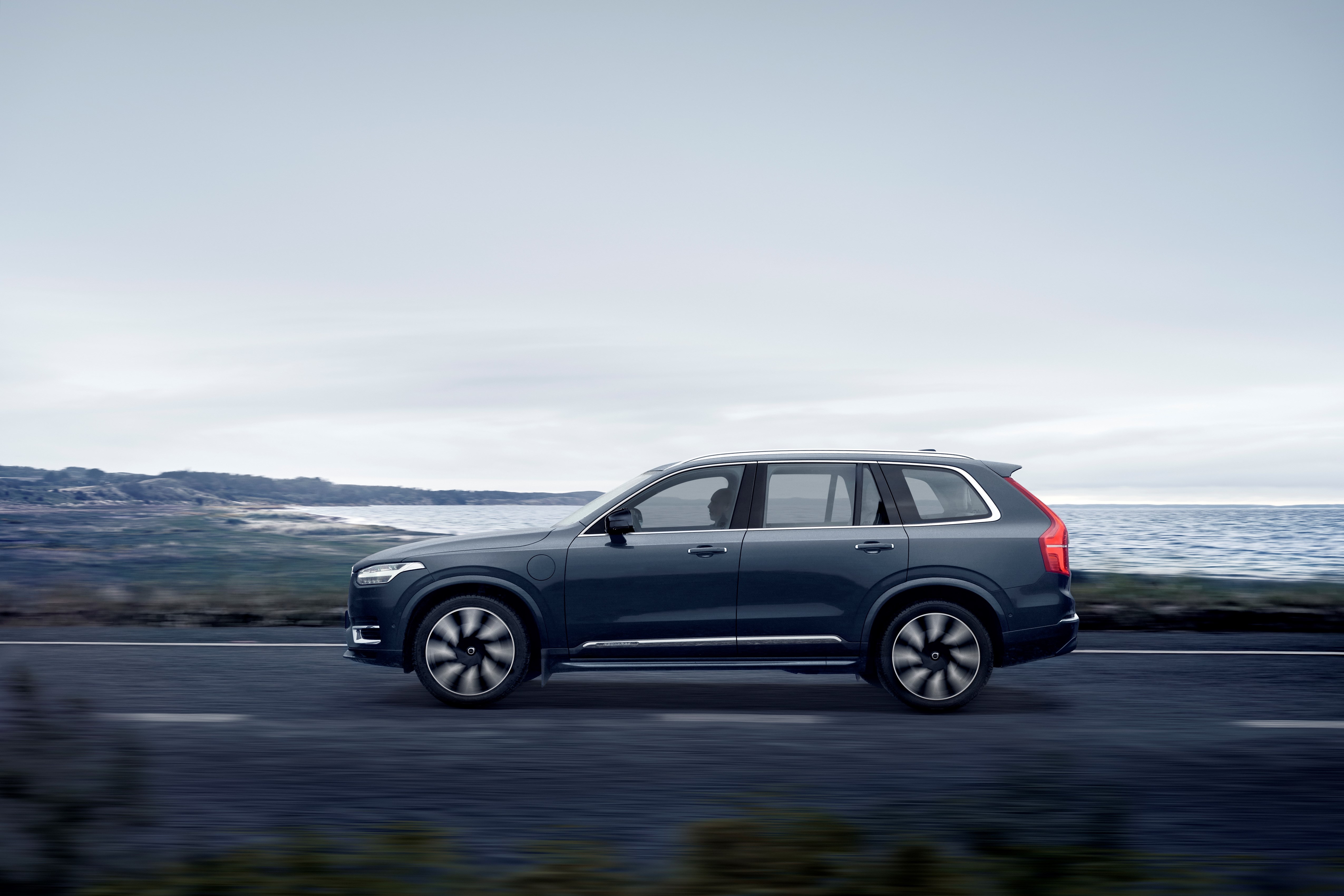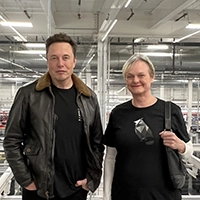Ten Differences Between Hybrids And EVs
02/27/2024 / Gail Alfar
Often you will hear talk about how moving to an EV should be proceeded by first buying a hybrid vehicle. When I made the transition to EV and bought my first Tesla, I traded in my gasoline car. I was driving a Honda Accord, and I wanted a Tesla for its high performance, reliability, and safety.
In this article, we will look at ten differences between hybrid and electric vehicles.
1. Power Source
Hybrid vehicles use both a gasoline engine and an electric motor, while EVs run solely on electricity. You’ll never have to stop at a gas station again when you drive an EV. I power my Tesla Model Y with electricity from my home charger, Superchargers, and destination chargers on trips. In contrast, if you buy a Toyota RAV4 Hybrid, you will need to fill up at a gas station.
2. Fuel Efficiency
EVs are more fuel-efficient than hybrids, as they don't use gasoline. I wrote about MPGe in another article, “What is MPGe? Everything You Need to Know.”
MPGe is short for "Miles Per Gallon of Gasoline Equivalent" or "Miles Per Gallon Equivalent," and it is used to compare the energy consumption of an electric vehicle to a traditional combustion engine car. The MPGe tells you the distance an EV can travel on the energy equivalent of one gallon of gasoline.
A Tesla Model 3 has an EPA-estimated MPGe of 140 city and 124 highway. In contrast, the Toyota RAV4 Hybrid achieves only 41 city and 38 highway MPG according to EPA estimates.
3. Emissions
EVs produce zero tailpipe emissions, helping cities, suburban areas, and the roads connecting them have cleaner air. Hybrids, unfortunately, produce emissions due to their gasoline engines.. Tesla released their 2022 Impact Report, in April 2023 and states “We make products that displace fossil fuel alternatives. In 2022, our customers avoided releasing about 13.4 million metric tons of CO2e into our atmosphere.”
4. Range
EVs typically have a shorter driving range on a single charge than hybrids, which depend on gasoline and a network of gas stations. I have not had a problem with the driving range in my Model 3 when traveling and certainly not during my daily work commute. To give you an idea of the range capabilities of a Tesla Model 3, “Zach” is a Tesla owner who has made many cross-country trips in his Model 3. He travels from the West Coast to the East Coast and back in this thread. . See: https://x.com/BLKMDL3/status/1545752903712796676?s=20
5. Charging
EVs require access to charging infrastructure, while most hybrids do not need to be plugged in. As evident from Zach’s trip across the USA, there is an extensive charging network available to EV owners. If your EV choice is not a Tesla, you can still use the Tesla Supercharging Network with a simple adapter. The North American Charging Standard (NACS) is for everybody.
6. Maintenance
EVs have fewer moving parts and require less maintenance than hybrids, which still have traditional gasoline engine maintenance requirements. My main concerns about maintenance are filling the reservoir with wiper fluid and keeping the tires in proper shape. This is a welcome relief after years of owning combustion engine cars with many more complications.
7. Cost
EVs may have a slightly higher upfront cost than hybrids but have lower operating costs over time due to the lower cost of electricity compared to gasoline.
8. Performance
EVs have instant torque and smooth acceleration, while hybrids have more traditional performance characteristics due to their gasoline engines.
9. Noise
EVs are generally quieter than hybrids, as they do not have a gasoline engine running.
10. Joy Factor
One of the most significant differences between hybrid and electric vehicles is the joy they bring to their owners. Electric vehicles, like my beloved Tesla Model 3, offer a smooth, silent, and exhilarating driving experience. The instant torque, rapid acceleration, and seamless performance of EVs make every drive feel special. In addition, the reduced environmental impact and lower operating costs can provide a sense of satisfaction and pride in the vehicle. In short, electric vehicles have a certain "joy factor" that makes driving an absolute pleasure.
My Thoughts
My opinion is that hybrids are just gasoline cars with fancy hybrid logos. They may have small electric motors inside, and those motors offer an insignificant incentive to use them. Point 10 is, for me, something I experience every day. I truly love my Model 3. The incredible capabilities of autonomous software deserve another full article, so I did not even mention it in this list. Tesla FSD beta has been a true thrill, and no hybrid has that!
Posted in
Tagged



